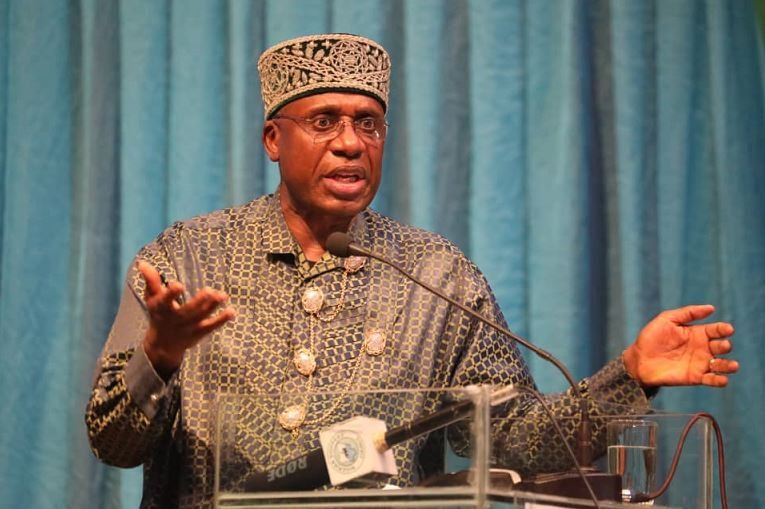The Socio-Economic Rights and Accountability Project (SERAP) and the Nigerian Guild of Editors (NGE) have accused the Tinubu administration of weaponising the amended Cybercrimes Act 2024 to stifle dissent, muzzle journalists, and silence peaceful critics online.
At a press conference marking World Press Freedom Day in Ikeja, Lagos, both groups issued a searing joint statement condemning what they called “draconian” tactics deployed under the controversial legislation—particularly Section 24, which criminalises so-called “cyberstalking” in language critics say is dangerously vague.
“The Tinubu government must end its use of the Cybercrimes Act to target journalists, activists, and ordinary Nigerians expressing views online,” the groups stated. “The law, in its current form, is a tool of repression, not protection.”
They warned that using broadly defined cybercrime laws to arrest and detain citizens is eroding Nigeria’s democracy, breaching constitutional rights, and defying international human rights obligations.
Since its amendment in 2024, Section 24 of the Act has been widely criticised for punishing online content deemed “offensive”, “annoying”, or “obstructive” — even when such content is factually accurate and in the public interest. Reports indicate a sharp increase in arrests and harassment of journalists, bloggers, and social media users under this law.
According to Freedom House and Reporters Without Borders, Nigeria’s internet and press freedoms have sharply declined, with the country falling 10 places to 122nd in the 2025 World Press Freedom Index. SERAP and NGE referenced 110 verified press attacks in 2024 — already surpassing the total for 2023.

They also cited the 2022 ECOWAS Court ruling that declared Section 24 of the original Cybercrime Act “vague and repressive,” ordering the Nigerian government to amend it to comply with the African Charter on Human and Peoples’ Rights. Despite revisions in 2024, the law remains, critics say, ripe for abuse.
“The government has failed to align this law with Nigeria’s constitutional protections and international obligations,” SERAP and NGE said. “Its continued use against peaceful dissenters is chilling and unlawful.”
The groups called on President Tinubu, the Attorney General, the National Assembly, and Nigeria’s 36 state governors to urgently review and revise the Act. They also urged security agencies to release all individuals detained under the law and to end arbitrary prosecutions.
The conference brought together senior journalists, editors, civil society leaders, and legal experts — all echoing the same message: Press freedom and free expression are under siege in Nigeria, and it’s time for urgent reform.











